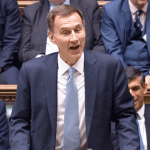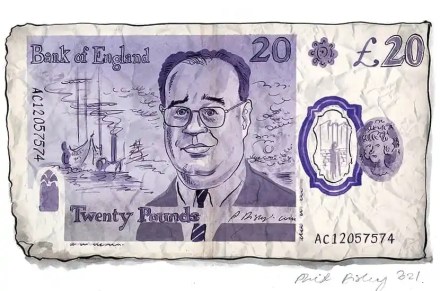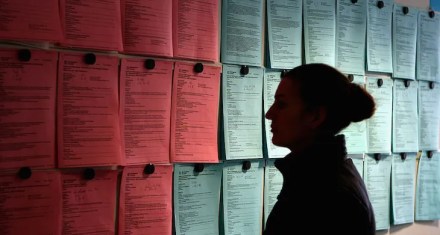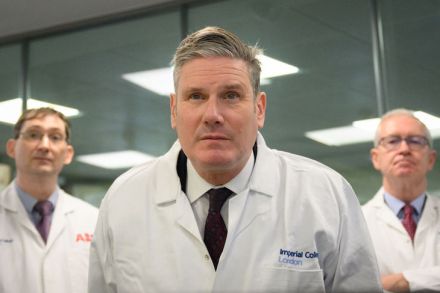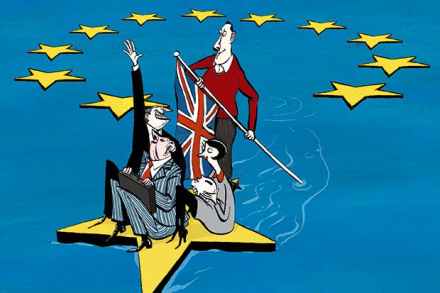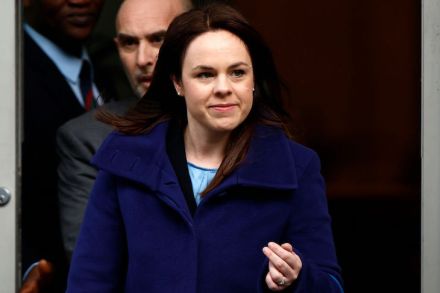How Ozempic fattened up Denmark’s economy
It’s official: weight-loss wonder drug Wegovy (also marketed as Ozempic) makes US celebrities shrink but makes the Danish economy grow. This week, the most amusing Oscars clickbait featured not the typical best- and worst-dressed actors, but instead celebrities who have experienced recent miraculous weight loss. The Daily Mail helpfully split this award category between those confirmed to have taken Wegovy, and others who have merely inexplicably and rapidly shrunk. Their collective weight loss is Denmark’s economic gain: this week, Denmark’s statistics agency confirmed the Danish economy grew 1.8 per cent in 2023 – but without the contribution of Wegovy’s owner, Novo Nordisk, it would instead have shrunk 0.1 per cent. Free market






